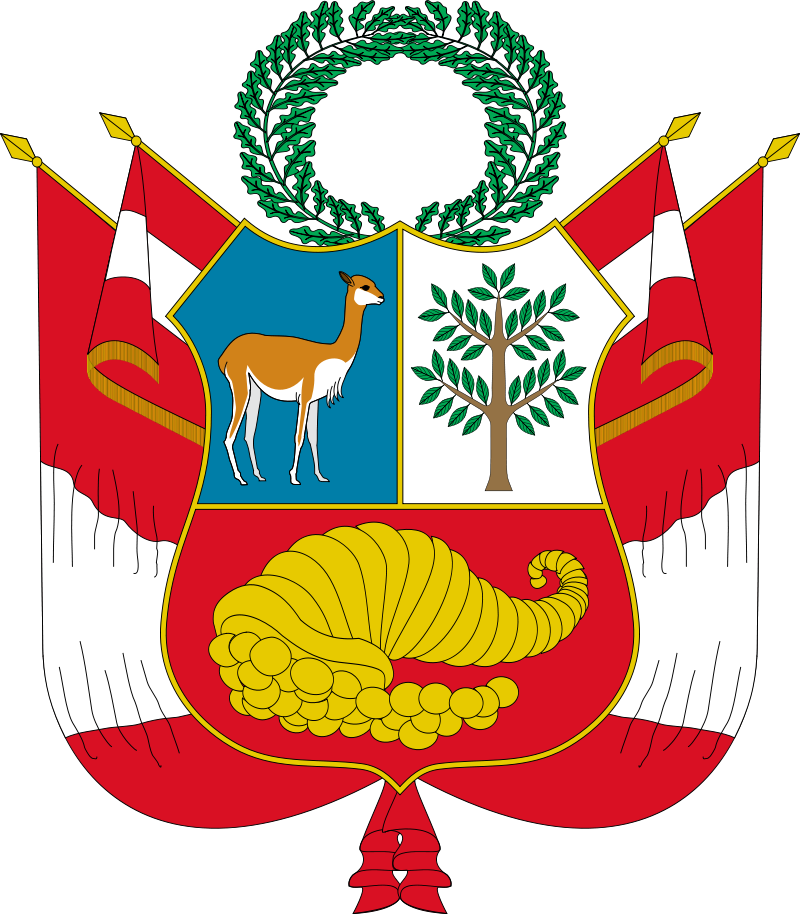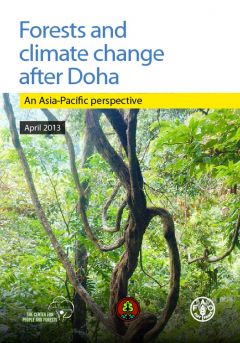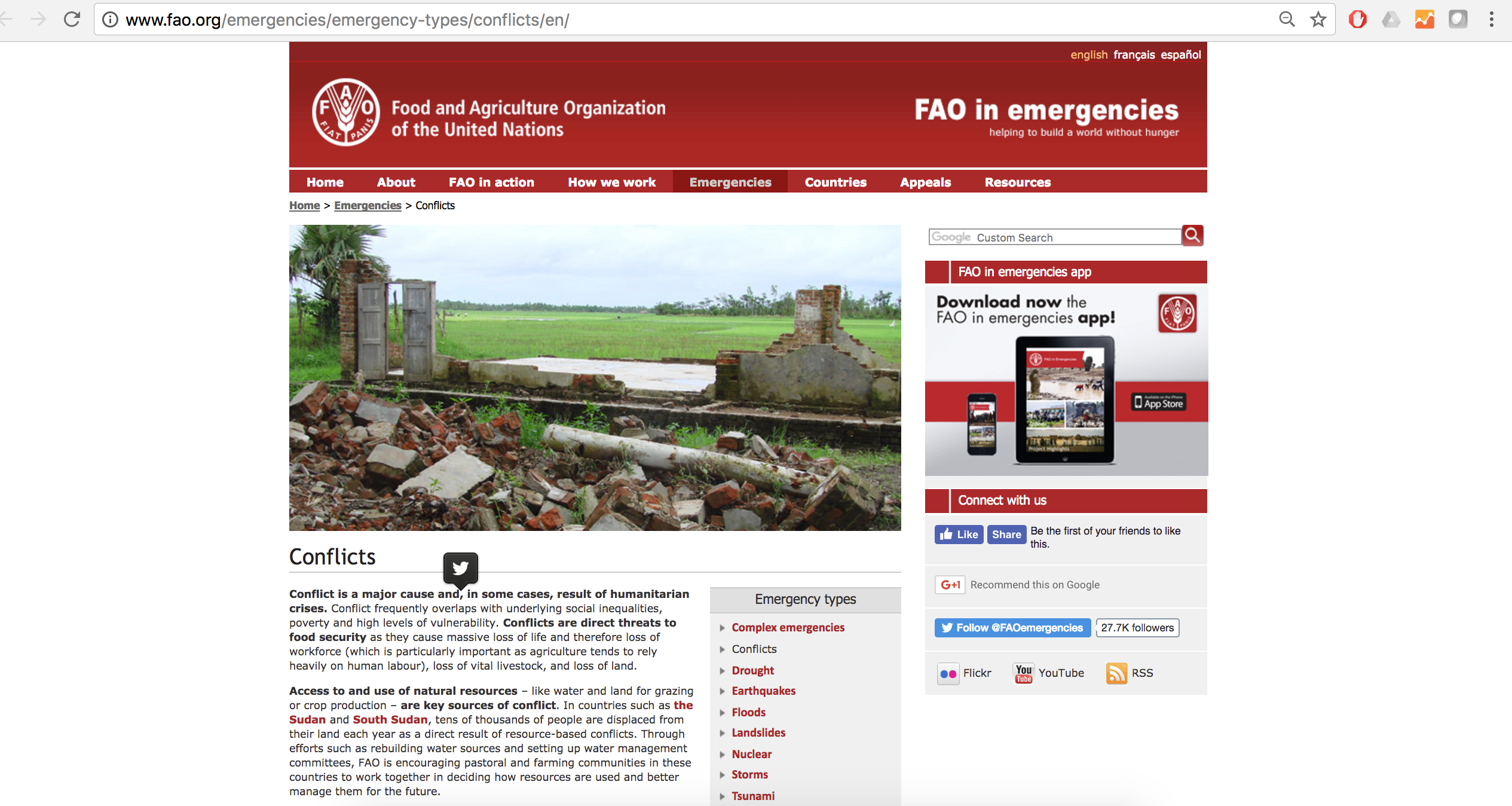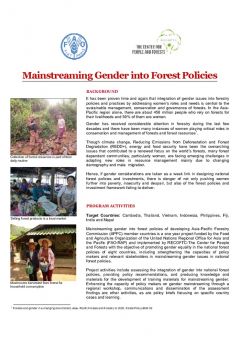Focal point
Location
The Food and Agriculture Organization of the United Nations leads international efforts to defeat hunger. Serving both developed and developing countries, FAO acts as a neutral forum where all nations meet as equals to negotiate agreements and debate policy. FAO is also a source of knowledge and information. We help developing countries and countries in transition modernize and improve agriculture, forestry and fisheries practices and ensure good nutrition for all. Since our founding in 1945, we have focused special attention on developing rural areas, home to 70 percent of the world's poor and hungry people.
Members:
Resources
Displaying 2306 - 2310 of 5074Ley que facilita la adquisición, expropiación y posesión de bienes inmuebles para obras de infraestructura
Law that facilitates the acquisition, expropriation and possession of real estate for infrastructure works
Forests and Climate Change After Doha: An Asia-Pacific Perspective
Over the past three years RECOFTC – The Center for People and Forests and the Food and Agriculture Organization of the United Nations (FAO) have brought together regional experts to reflect on the outcomes of the 15th, 16th and 17th Conference of the Parties (COP) of the United Nations Framework Convention on Climate Change (UNFCCC). The resulting booklets “Forests and Climate Change after Copenhagen,” “after Cancun” and “after Durban” were distributed widely and very well received.
FAO in emergencies: Conflicts
Conflict is a major cause and, in some cases, result of humanitarian crises. Conflict frequently overlaps with underlying social inequalities, poverty and high levels of vulnerability. Conflicts are direct threats to food security as they cause massive loss of life and therefore loss of workforce (which is particularly important as agriculture tends to rely heavily on human labour), loss of vital livestock, and loss of land.
Mainstreaming Gender into Forest Policies
It has been proven time and again that integrating gender issues into forestry policies and practices by addressing women’s roles and needs is central to the sustainable management, conservation and governance of forests. In the Asia-Pacific region alone, there are about 450 million people who rely on forests for their livelihoods and 50% of them are women.










